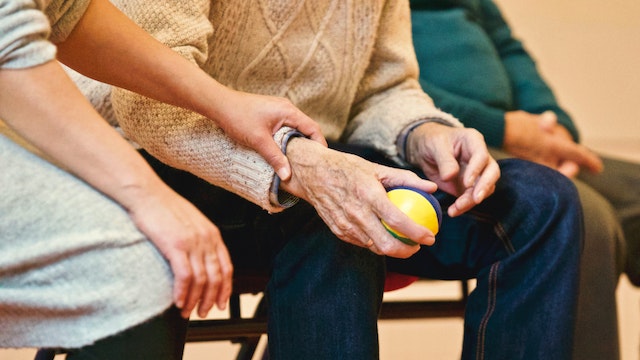Phases of Addiction Recovery
Addiction recovery is the state in which an individual is under medication to try and curb substance dependency. It requires effort and willpower from the individual and support from a professional counselor. If you’re unsure how to start, or need professional help, consider experts at https://www.gallusdetox.com/.
Four Core Stages of Addiction Recovery
Recovering from addiction takes four stages. These include:
1. Treatment
2. Abstinence
3. Avoiding drug use
4. State-of-the-art recovery
a) Treatment
This phase involves acknowledging that you’re struggling with addiction and choosing to start a journey of overcoming the dependence. In the initial days of treatment, you’re likely to experience uneasy feelings and would even feel like halting your quest for treatment. Most individuals comfort themselves with other people’s conditions. Similarly, indecisiveness is the worst scenario one can be in the early stages of recovery.
This is a crucial stage as it involves convincing an individual to take treatment positively and helping them understand that the dependency isn’t suitable for them. The counselor should help the victim in the following ways:
• Research and explain to the victim the negative impact of addiction.
• Motivate the victim to embrace abstinence.
Treatment tends to vary from one victim to the other. Thus the professional inquires about substance abuse history then comes up with a customized plan.
b) Abstinence
Avoiding substance use in the early stages is vital to help victims recover quickly. This stage is a challenge, and the user is likely to relapse if they are not committed to recovering. Some of the most common challenges include:
• Withdrawal symptoms
• Psychological reliance
• Triggers leading to deterioration
• Craving
The abstinence stage of treatment is typically challenging because, in most cases, the victim struggles with intense cravings, which may lead to drug abuse. As a result, the counselor equips the victim with the necessary skills to lead a sober life. Some of the skills to provide the victim include withdrawal’s psychological and physical dimensions and taming cravings.
Plan of Action
• Motivating the victim to take part in self-help groups that provide support and knowledge.
• Exploring other constructive activities
• Cut off friends that influence you to abuse drugs
c) Avoiding Drug Use
After a consistent three-month period of abstinence, the individual transitions to the stage of strict adherence to no use of drugs. The main aim of this phase is to avoid relapse. In this stage, the individual learns that abstinence is essential.
You learn new skills to help you:
• Lead a healthy life
• Manage your emotions
• Exercise often
• Build good relationship
This phase lasts for approximately five years. If the victim manages to stay off drugs for the entire period, the counseling will stop.
d) State-of-the-Art Recovery
After having gone through all the various episodes, you hit the last episode of rehab. The victim grasps all the skills and tools learned and applies them in real life to live a healthy, productive, and satisfying life.
What goes on in your life at the end of Rehabilitation?
• Having both long term and short term goals
• Coming up with a sustainable schedule
• Associating with people who live a healthy life
• Taking part in extra curriculum activities
• Challenging yourself to pursue joy and accomplishment. It can be religion, community work, or spirituality.
Knowledge in executing the strategies is key to self-improvement. You grow to become a responsible person, a significant person in the community, and an accountable citizen.
Victims must be open to rehabilitation and open to change for the recovery journey to begin and succeed. With proper guidance and counseling, you can successfully flee addiction and live a very healthy life free from drugs. You should also understand that living a healthy life is key to your happiness, and less substance abuse equates to more success.



